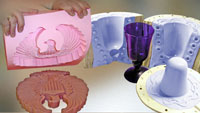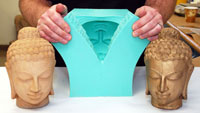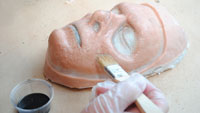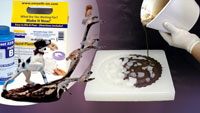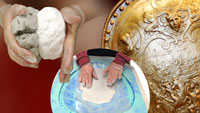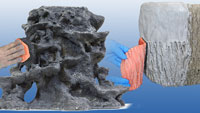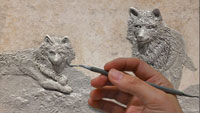Taxidermy
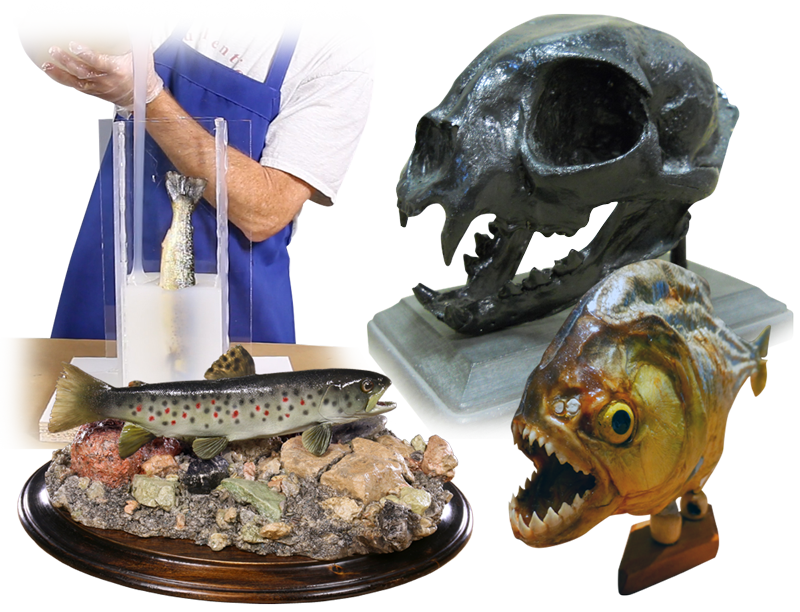
Taxidermists around the world know Smooth-On mold making rubbers, casting plastics, foams, etc. as versatile, consistent and economical. Smooth-On has technical support to put you back on track if you get into trouble or lose your way. These materials are very easy to use and offer almost limitless design possibility.
"I use to pay someone else to make my antler molds, but I now do it myself using Mold Max® Stroke silicone and Smooth Cast® 320 plastic . And once I got good at that, it led to other projects using foams, pigments and plastics I didn't even know existed." - Bubba Arquette, Taxidermist - Shreveport, LA
Taxidermists like Tony Breedlove of Wildlife Art Creations in Melrose, FL, use Smooth-On rubbers, plastics, foams, pigments, etc. to create flawless reproductions of fish, reptiles, waterfowl and game. Innovative mold making and casting techniques have redefined the state-of-the-art in realistically reproducing wildlife.
Featured Step-by-Step How-To's
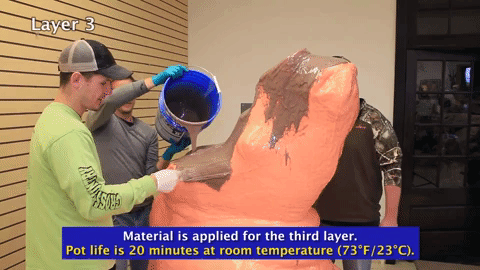
How To Make a Museum Quality Animal Reproduction
Learn how a sculpted reproduction of a rhinoceros torso was made
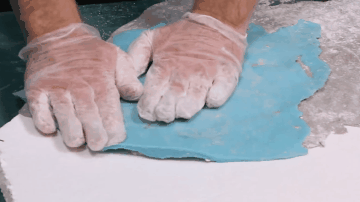
How To Make a Museum Quality Themed Prop Base for a Rhino Display
Free Form™ Habitat™ Fire Safe epoxy putty is used to create a realistic African grassland base for a Rhino Display
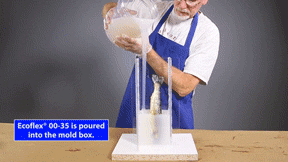
How To Make a Silicone Mold of a Fish
This moldmaking video shows the process of molding an actual trout for taxidermy or propmaking purposes.
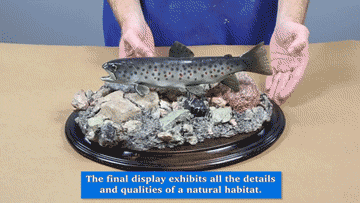
How To Make a Taxidermy Base Using Free Form™ Air Epoxy Putty
How to create a taxidermy habitat base using Mold Star® 16 silicone and Free Form® Air
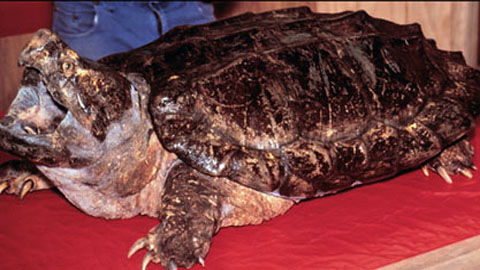
How To Mold & Cast An Alligator Snapping Turtle
Wildlife Art Creations chronicled their processes used to make exact duplicates of this dinosaur.
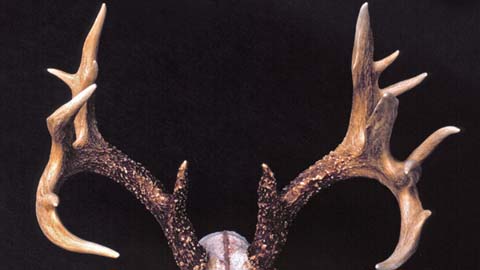
How To Make Antler Reproductions Using Reverse Molding
In this how-to, Tony Breedlove uses a cavity pour technique that yields perfect antler castings every time.
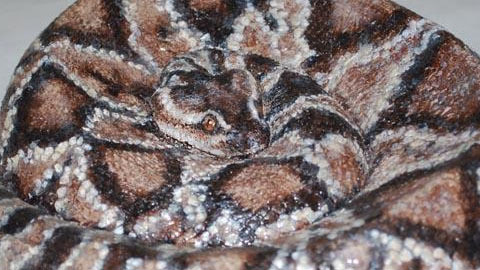
How To Make a Prop Rattlesnake Using Dragon Skin™ Silicone
On a recent job, Blair Benjamin needed to reproduce a rattlesnake for an independent film project.
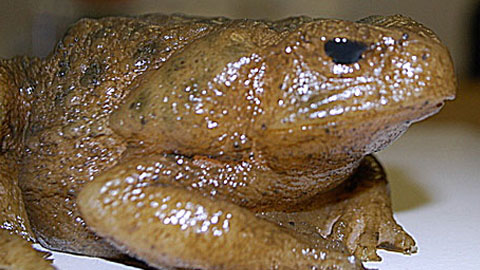
How To Use Brush-On Urethane Rubber as a Paint
Some of our customers have found that our Brush-On urethane rubber can be used as a paint.
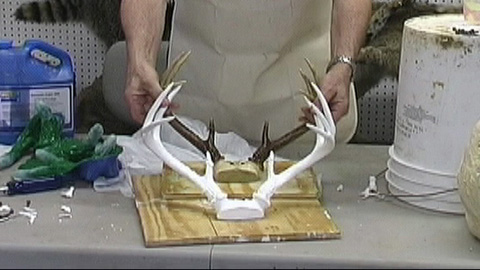
How To Use Dragon Skin™ Silicone to Reproduce Antlers
James Edgar knows that accurately reproducing antlers is one of the most common tasks in the business.
View All How-To Videos and Galleries ›
What People Have Done With These Materials
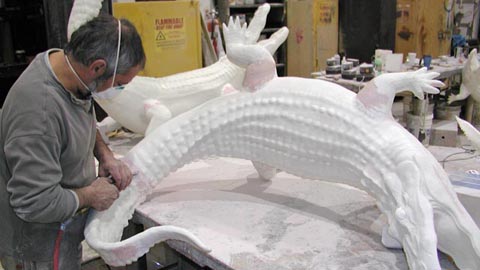
TASK® 15 Alligators Cast for a Good Cause
Beyond Design Studios delivered lightweight, rotationally cast alligator models
